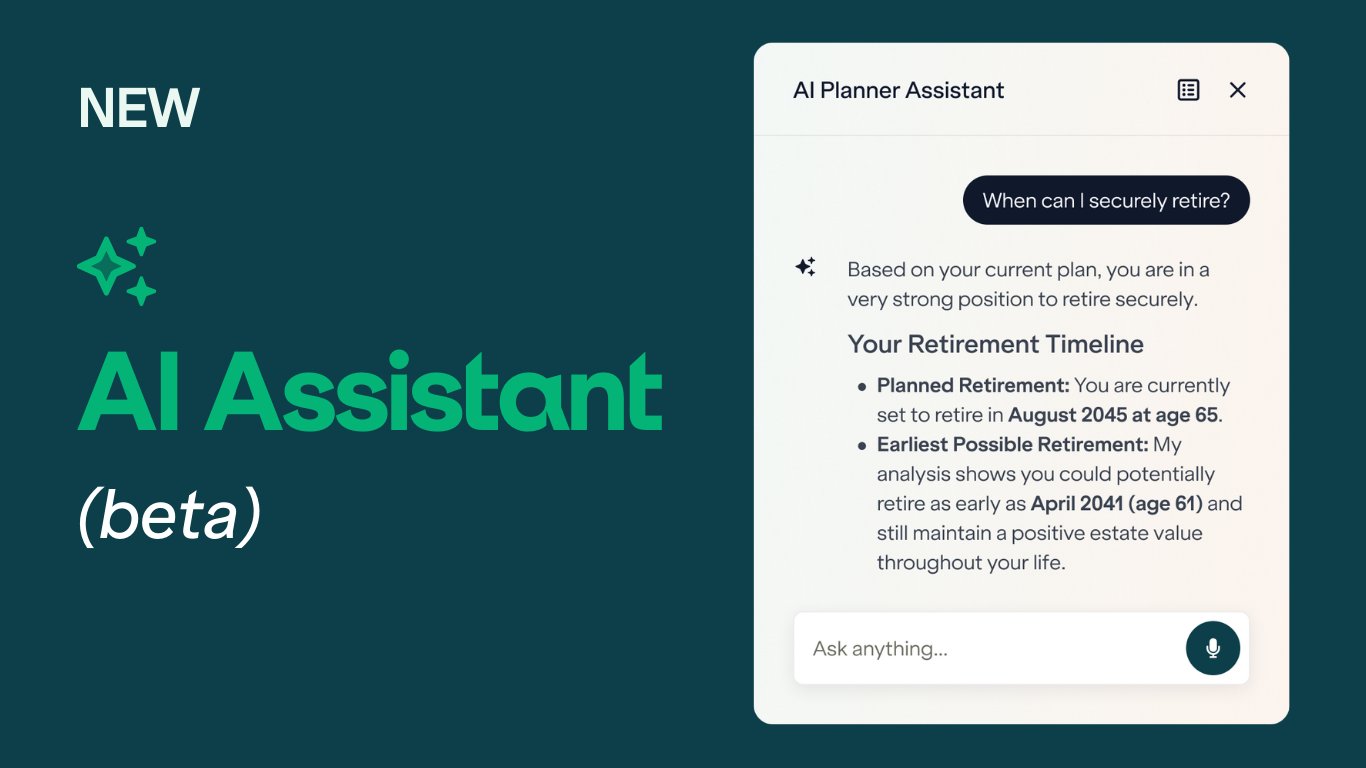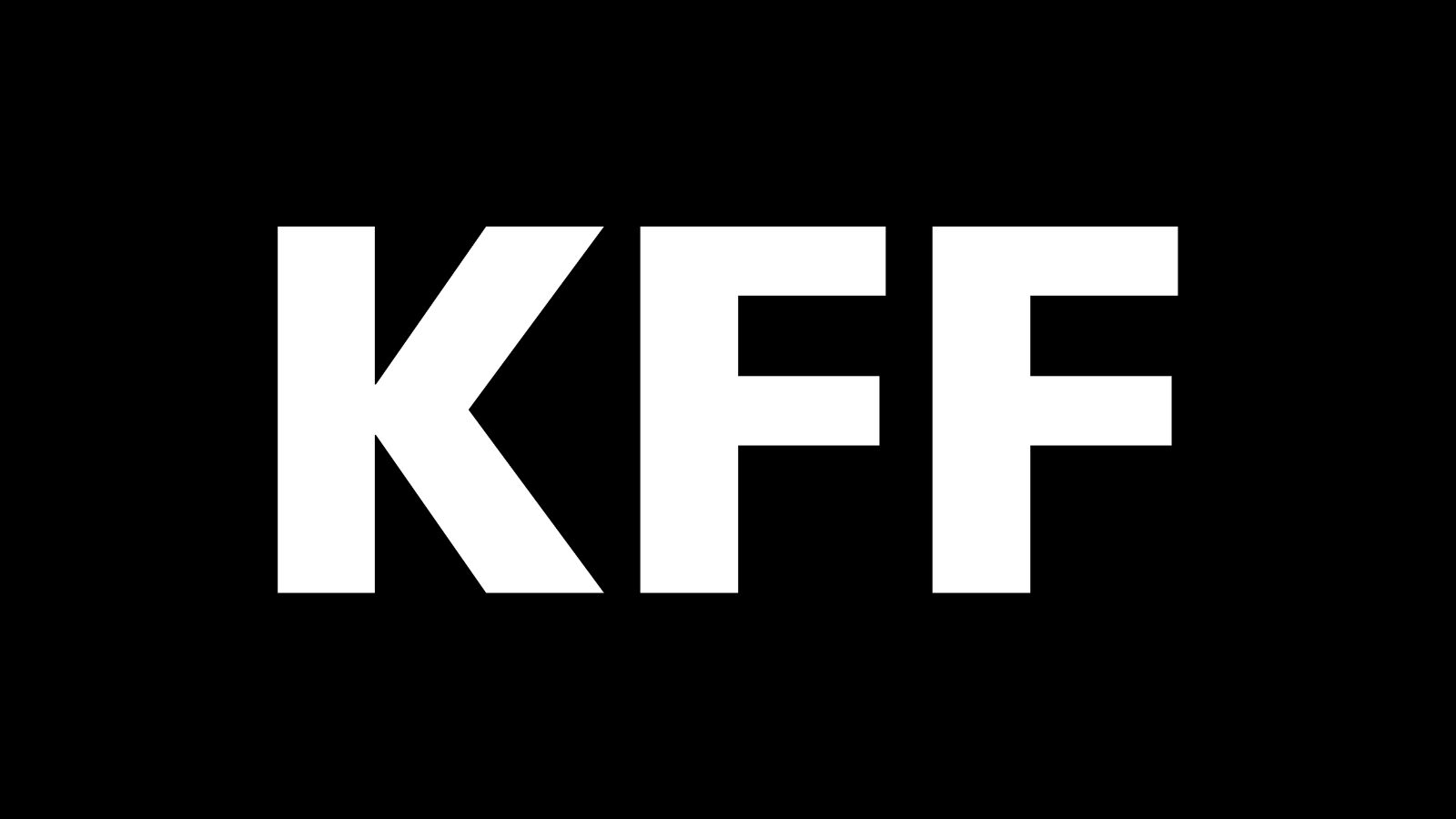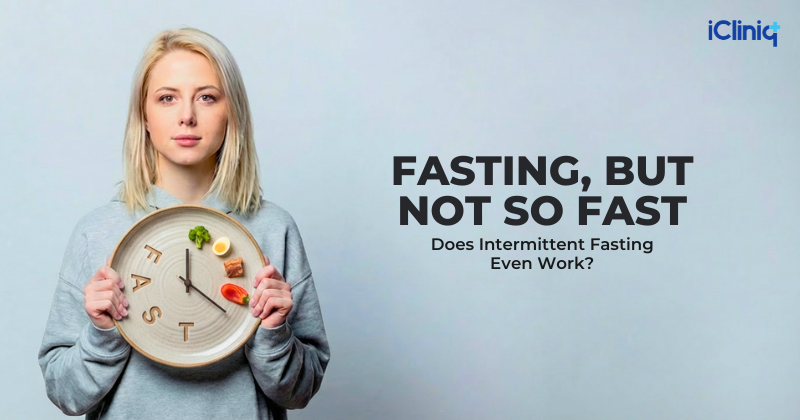Radical optimism is the belief that humanity’s future, despite obstacles, is filled with possibility and progress. However, it is not blind positivity; instead, it is a philosophy that acknowledges that progress often emerges from uncertainty, failure, and gradual improvements. When these ideas are applied to personal finance, the framework offers fresh insights into building wealth. Managing money often brings stress about risks and unknowns, but adopting an optimistic outlook can reframe financial challenges and inspire proactive strategies.
Let’s learn more about radical optimism and explore seven strategies for how to apply it to your own financial situation.
What is Radical Optimism?
Kevin Kelly, co-founder of Wired, author of Excellent Advice for Living: Wisdom I Wish I’d Known Earlier, and a tech visionary, is a major champion the philosophy of radical optimism.
In Kellly’s view, technological advancements, innovation, and global collaboration will continue to improve lives. Radical optimism urges us to embrace uncertainty as an opportunity for growth rather than fear it. Doing better is possible so long as we remain open to opportunities and committed to incremental improvement.
Kelly argues that setbacks, whether in technology or personal life, are essential parts of advancement. This mindset encourages individuals to take action even when outcomes are unclear, trusting that persistence will yield meaningful results. “Optimism,” he has written, “enables us to reach good and great things beyond the capability of a single generation.”
This perspective encourages long-term thinking, the pursuit of incremental progress, and believing in abundance rather than scarcity. It doesn’t ignore challenges but sees them as part of the process toward improvement.
7 Ways to Apply Radical Optimism to Your Personal Finances for Wealth and Well-Being
1. Focus on the long-term: Build wealth through patience
Kelly advocates thinking far into the future rather than focusing on short-term setbacks. This is crucial in personal finance, where markets fluctuate and financial success isn’t always immediate. An optimistic financial plan embraces compounding returns, which require patience to see results.
Applying long-term thinking to your financial plan:
- Radical optimism reminds us that setbacks are temporary. By setting goals and building, maintaining, and evolving a written financial plan, wealth (or whatever your goals might be) will accumulate over time. (The Boldin Retirement Planner is the ideal tool for radical optimists.)
- Instead of chasing fast gains, focus on long-term investments in stocks, retirement accounts, or index funds.
- Utilize dollar-cost averaging, where you invest small amounts regularly regardless of market conditions. This reduces the emotional reaction to volatility. (Learn more about investing basics.)
2. Use technology and adapt to an ever changing world
Kelly argues that technological advances continually offer new tools to solve old problems. In personal finance, innovations like robo-advisors, fintech platforms, and AI-based financial tools make wealth management more accessible.
Using technology to achieve your financial goals: There are numerous tools available to you.
- It used to be that the only way to get an objective and personalized view of your financial future was to work with a financial advisor and those advisors only engaged with the already wealthy. Tools like the Boldin Retirement Planner are opening up financial wellness to the entire population – reducing costs and improving financial know-how.
- Learn how Boldin was recently selected as a top innovator by the World Economic Forum for our work in this area.
- Stay open to adopting new technologies, such as blockchain-based finance or decentralized banking, to take advantage of emerging opportunities.
- Just as progress in technology is inevitable, personal finance requires adaptability—adjusting your strategies as the world evolves.
3. Framing financial setbacks as learning opportunities
Radical optimism emphasizes seeing failure not as an endpoint but as a chance to grow. Personal finance can often feel overwhelming due to setbacks—unexpected expenses, market downturns, or poor investment choices. But each setback is part of a broader journey.
How to see failure as growth:
- View mistakes as learning experiences rather than failures. For example, an investment loss can help you refine your risk tolerance.
- Develop a resilient mindset: create emergency funds and build financial safeguards so that setbacks don’t derail your long-term plan.
- Recognize that progress isn’t linear. Radical optimism teaches us to believe in eventual improvement despite temporary struggles.
4. The power of abundance: Shifting your mindset from scarcity to abundance
A scarcity mindset is a mental framework in which individuals become fixated on their lack of resources—whether time, money, or opportunities—causing them to prioritize immediate needs at the expense of long-term planning, often leading to poor decision-making and reinforcing cycles of stress and scarcity.
Have you ever tried to diet? If it was hard on you, your brain was probably focused on what it could not have instead of the abundance of what was actually available to eat. This fixation on immediate wants or needs drains cognitive resources, making it harder to exercise self-control and make thoughtful decisions.
Kelly’s radical optimism invites us to view the world as a place of abundance, where resources and opportunities will increase over time.
In personal finance, focusing on available resources—such as income, skills, or investment opportunities—rather than fixating on limitations can foster creativity and open avenues for wealth building. This mindset encourages proactive behavior, such as budgeting, investing small amounts consistently, or leveraging side hustles, which over time can generate significant financial growth
Focus on opportunity:
- Replace a scarcity mindset by focusing on income-generating activities—side hustles, upskilling, or entrepreneurial ventures.
- Recognize that financial growth is often non-linear. Your career or investments may plateau temporarily, but new opportunities will emerge.
- Trust that economic progress will continue to create new markets, jobs, and possibilities.
5. Creating meaningful goals: Aligning wealth with purpose
Kevin Kelly stresses that technology and progress should serve to improve human lives and bring meaning, not just convenience. Similarly, personal finance isn’t just about accumulating wealth but using money as a tool for a more meaningful life.
Set meaningful goals:
- Define values-based goals: Save for experiences, such as travel or family time, rather than just building savings for savings’ sake.
- Use wealth to contribute to positive change—through philanthropy or socially responsible investing.
- Radical optimism reminds us to see money as a means to amplify joy and purpose, not just as an end goal.
6. Take action, even when outcomes are unclear
Radical optimism emphasizes the importance of taking action, even in the face of uncertainty, trusting that persistence will lead to positive outcomes over time.
In personal finance, waiting for perfect conditions—such as ideal market timing or complete certainty about a career change—can lead to paralysis and missed opportunities.
Take action: Kelly’s philosophy teaches that small, incremental steps, such as setting up an emergency fund or investing modestly, build momentum toward long-term financial growth, even if the results are not immediately visible.
- Plan for both the best and worst case scenarios. (Use the Boldin Planer to evaluate your optimistic, average, and pessimistic forecasts. Have contingencies in place for all three.)
- Invest consistently, even in down and up markets. Kelly has said, “The only way to produce great things is to iterate on an ongoing, long-term basis.” This is true of investing and building wealth.
7. Anticipate the future
Kevin Kelly’s philosophy of radical optimism highlights the importance of anticipating future trends and opportunities as a way to stay ahead of change. Instead of reacting to financial challenges as they arise, adopting a forward-thinking approach allows individuals to plan strategically, aligning their actions with potential shifts in the economy, job markets, or personal circumstances.
In personal finance, this could mean building and maintaining a forward looking plan for the future you want.
Plan the future you want:
- Anticipate what you will want to spend from now through your longevity. Work backwards to a plan that enables this spending.
- Where do you want to be living and what do you want to be doing in the future? Plan for it.
- Imagine yourself in the future, it will help you do what you need to do now.
Radical Optimism as a Financial Strategy
Kevin Kelly’s radical optimism provides a refreshing framework for personal finance. It encourages us to adopt long-term thinking, embrace change, learn from failure, shift from scarcity to abundance, and align money with meaning. Applying these principles can help people overcome financial anxiety and navigate uncertainty with confidence.
The financial journey isn’t without challenges, but an optimistic mindset ensures that setbacks become lessons, progress is inevitable, and the future holds abundant opportunities.
Publisher: Source link










